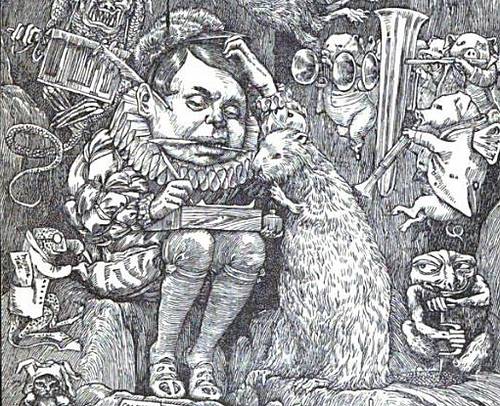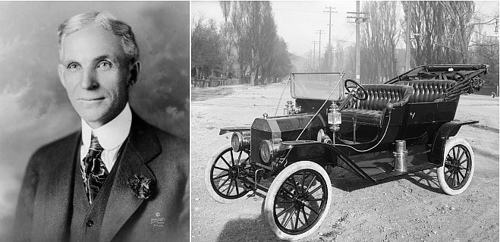While adapting The Big Sleep for the screen, a confused Howard Hawks wired Raymond Chandler asking who was supposed to have killed General Sternwood’s chauffer in the novel. Chandler responded:
NO IDEA
When a Paris news editor asked Ernest Hemingway for an accounting of his expenses, he cabled:
SUGGEST YOU UPSTICK BOOKS ASSWARDS
A movie studio once approached Eugene O’Neill to write a screenplay for a Jean Harlow film. They asked him to reply in a collect telegram of no more than 20 words. He wrote:
NO NO NO NO NO NO NO NO NO NO NO NO NO NO NO NO NO NO NO O’NEILL
When Samuel Beckett won the Nobel Prize in in 1969, he received a telegram from a Parisian named Georges Godot … apologizing for keeping him waiting.




